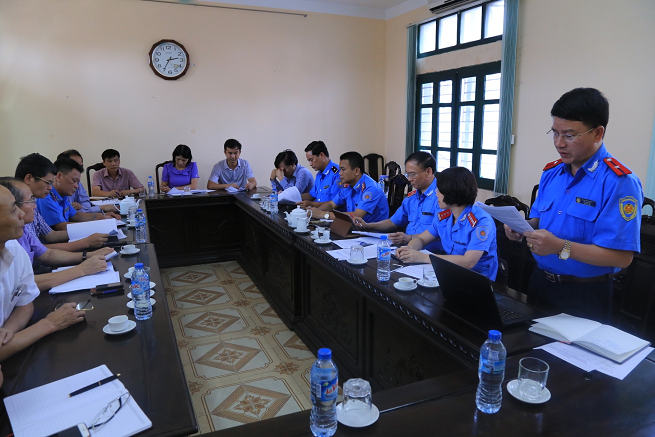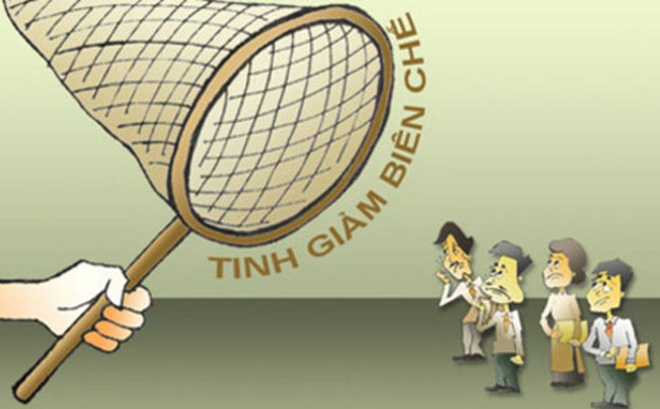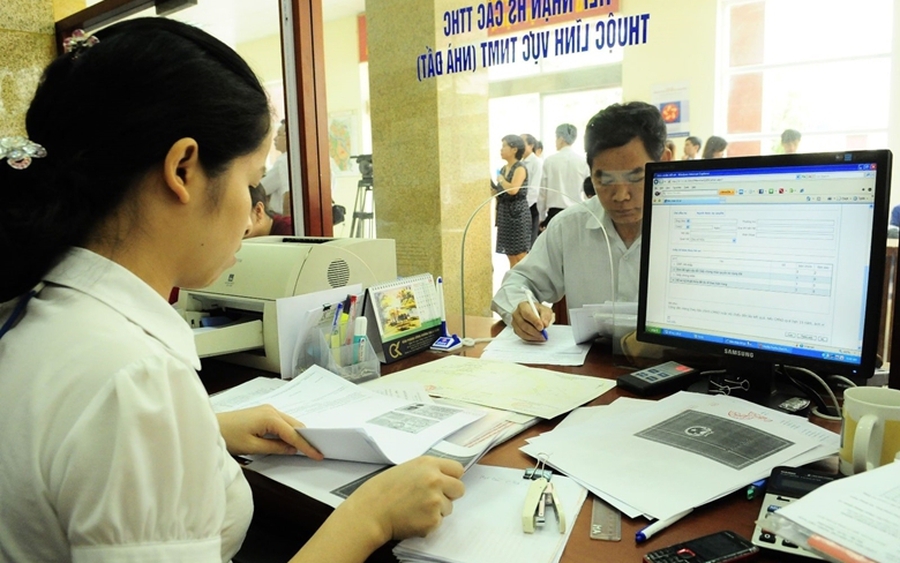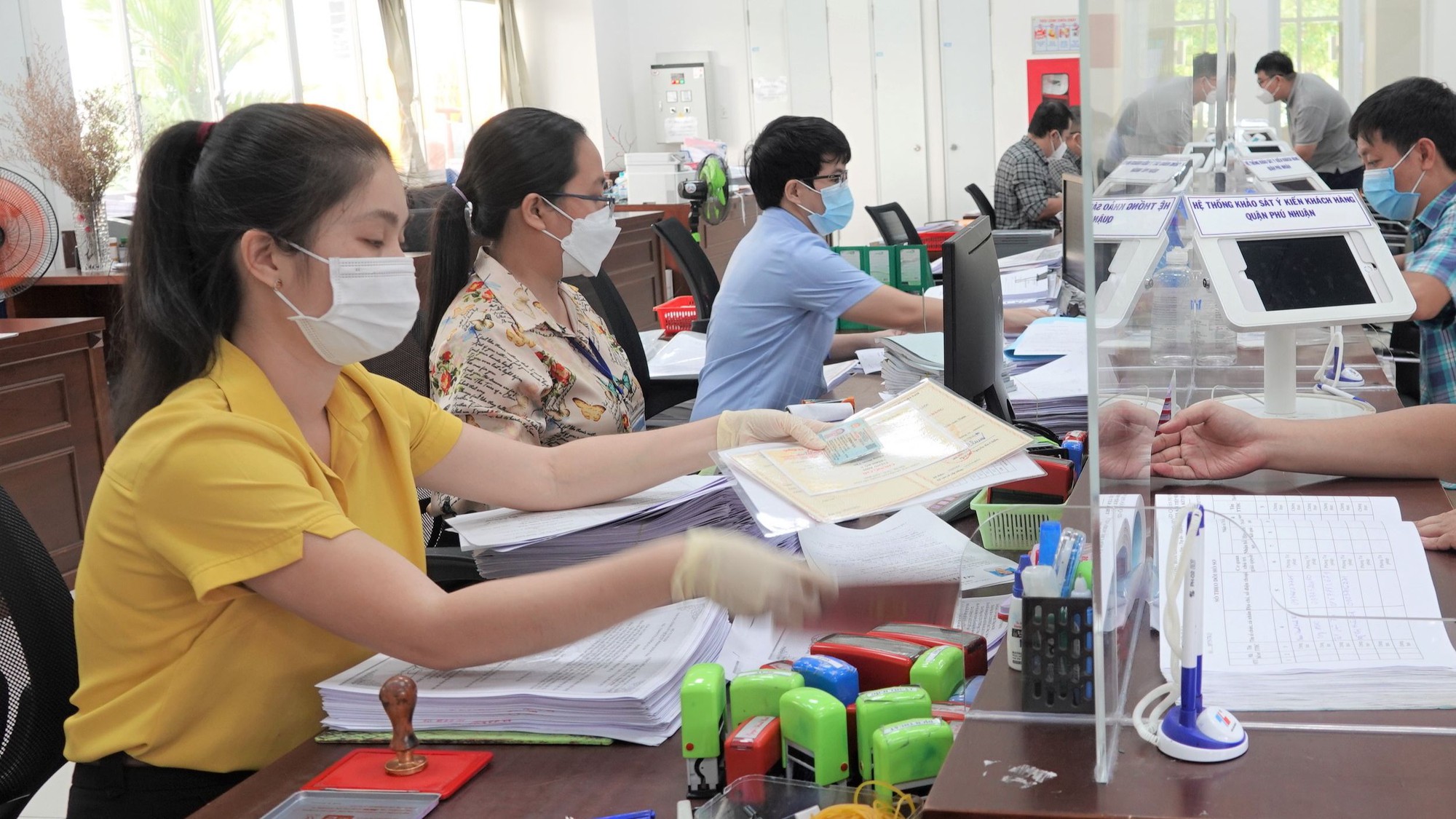What are the cases of being exempted from disciplinary responsibility for cadres, civil servants, and public employees in Vietnam? - Ngoc Nhien (Tien Giang)

Cases of being exempted from disciplinary responsibility for cadres, civil servants, and public employees in Vietnam (Internet image)
1. Principles of disciplining cadres, civil servants, and public employees in Vietnam
According to Article 2 of Decree 112/2020/ND-CP, the principles for disciplining cadres, civil servants, and public employees are as follows:
- Objectivity and fairness; transparency; strictly, according to the law.
- Each violation will be handled only once by a form of discipline. At the same time as considering disciplinary action, if the cadre, civil servant, or public employee commits 02 or more violations, then:
Being disciplined for each violation and applying a discipline heavier than the one applied to the most serious violation, except for the case of being disciplined in the form of dismissal or forced resignation;
It is not possible to separate each content of violation by cadres, civil servants, and public employees to be disciplined many times with different forms of discipline.
- In the event that cadres, civil servants, and public employees who are in the process of executing disciplinary decisions continue to commit violations, the following disciplinary forms shall be applied:
+ If there is a violation that is disciplined in a form lighter or equal to that of the current discipline, a more severe disciplinary form than the currently being disciplined form will be applied;
+ If there is a violation that is disciplined in a more severe form than the one currently being disciplined, a more severe form of discipline shall be applied compared with the disciplinary form applied to the new violation.
- When considering disciplinary action, it must be based on the content, nature, extent, harm, and cause of the violation, the aggravating or mitigating circumstances, the attitude of receptivity and correction, the remedy of defects, violations, and the consequences caused.
- Not applying administrative sanctions or party discipline in place of administrative discipline; Administrative discipline is not a substitute for criminal prosecution, if the violation is serious enough to be criminally handled.
- In cases where cadres, civil servants, and public employees have been disciplined by the Party, the form of administrative discipline must be ensured at a level commensurate with the Party discipline.
Within 30 days from the date of publication of the decision to discipline the party, agencies, organizations, and units must consider and decide on administrative disciplinary handling.
- All acts infringing upon the body, spirit, honor, and dignity are strictly prohibited during the disciplinary process.
- Cadres, civil servants, and public employees who commit violations for the first time have been disciplined, but within 24 months from the effective date of the disciplinary sanctioning decision, the same violation shall be considered recidivism;
Outside the 24 month period of enforcement, such a violation is considered a first-time violation but is counted as an aggravating circumstance when considering disciplinary action.
2. Cases of being exempted from disciplinary responsibility for cadres, civil servants, and public employees in Vietnam
Cases exempted from disciplinary responsibility for cadres, civil servants, and public employees according to Article 4 of Decree 112/2020/ND-CP are as follows:
- Being certified by a competent authority that the state of loss of civil act capacity is violated when committing acts of violation.
- Complying with the decisions of superiors as prescribed in Clause 5, Article 9 of the Law on Cadres and Civil Servant:
Obeying the decisions of superiors. When there are grounds to believe that such a decision is illegal, it must be promptly reported in writing to the decision maker;
In case the decision maker still decides on the implementation, a document must be issued, and the enforcer must comply but not be responsible for the consequences of the implementation, and at the same time report to the immediate superior of the decision maker. The decision maker must take responsibility before the law for his or her decision.
- Being certified by a competent authority in an urgent situation, due to a force majeure event or an objective obstacle in accordance with the Civil Code when performing official duties.
- Cadres, civil servants, and public employees who commit violations to the point of being disciplined but have died.
Quoc Dat
- Key word:
- public employees
- in Vietnam
- civil servants
 Article table of contents
Article table of contents
![[InfoGraphic] 6 forms of discipline for officials and public employees under Decree 71/2016/ND-CP](https://cdn.lawnet.vn//uploads/NewsThumbnail/2016/07/12/1319291-01.png)









.Medium.png)
.Medium.png)
.Medium.png)
.Medium.png)
